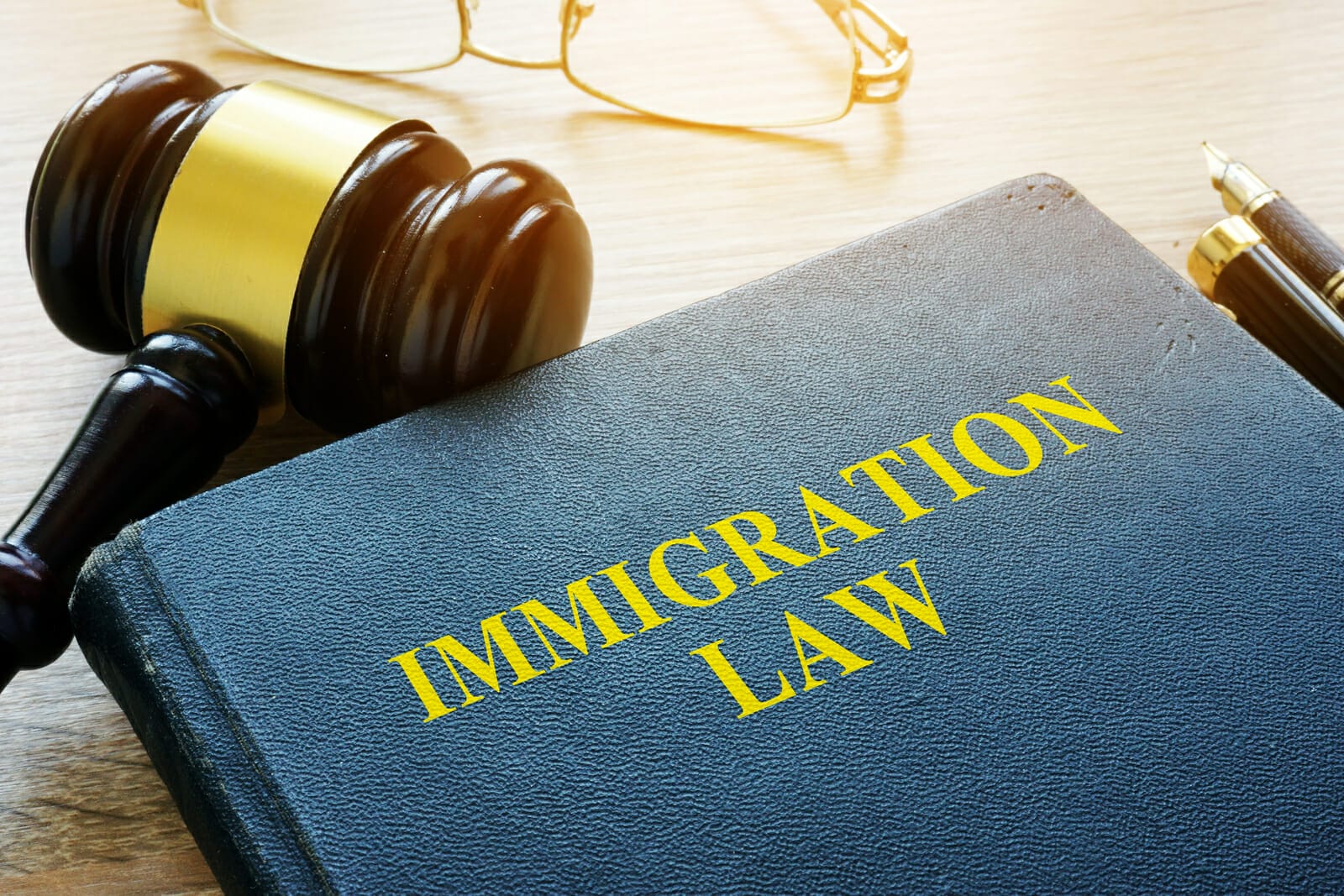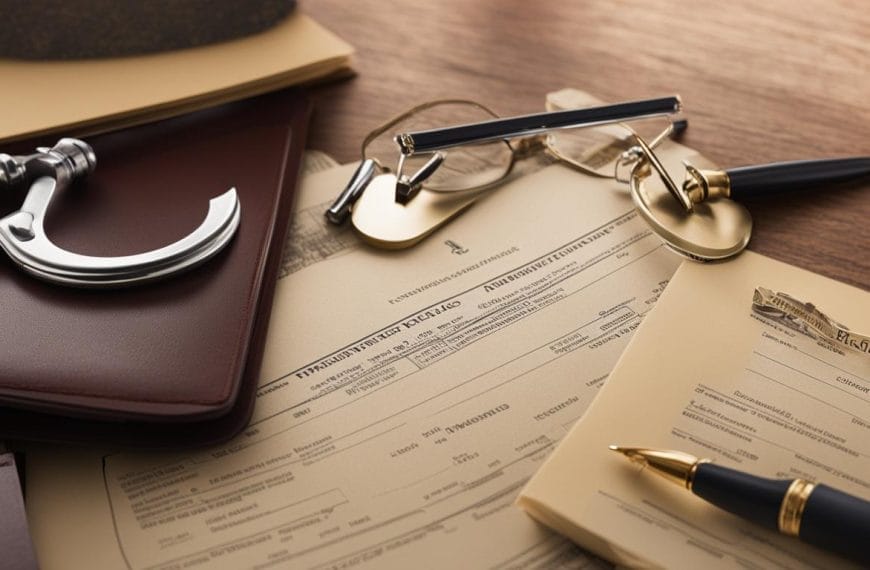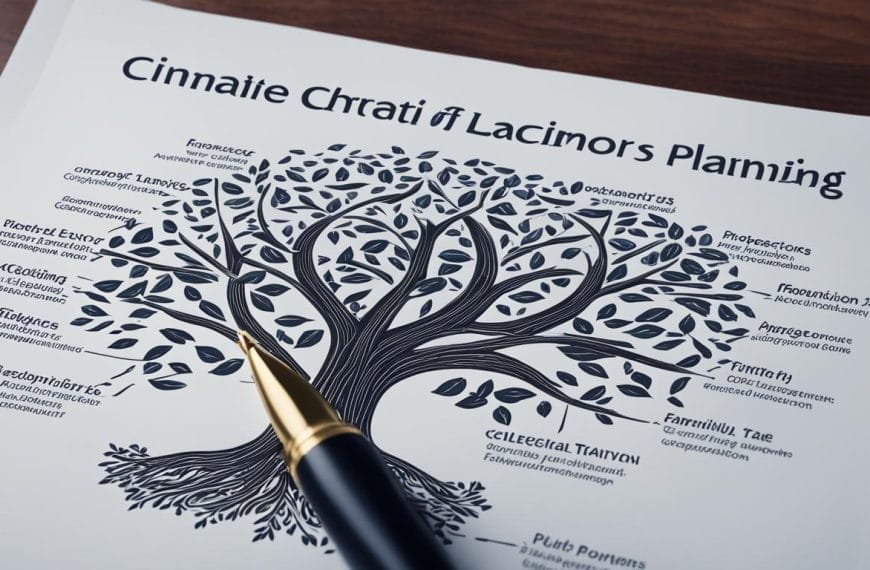As parents age, it often becomes necessary for their adult children to handle legal and financial matters on their behalf. Obtaining power of attorney is an important step to legally take care of your parents’ affairs if they become unable to make decisions themselves. This guide explains what power of attorney is and how to get it for an elderly parent.
What is Power of Attorney?
Power of attorney (POA) is a legal document that authorizes someone to make legal, medical, and financial decisions for another person. The person granting this authority is called the “principal” and the person receiving authority is the “agent” or “attorney-in-fact”.
There are different types of POA:
- General POA – Covers a wide range of affairs like banking, investments, taxes, real estate transactions, and more.
- Limited or Special POA – Limits authority to specific matters outlined in the document.
- Durable POA – Remains in effect if the principal becomes incapacitated.
- Medical POA – Gives authority to make healthcare decisions for the principal.
In most cases for elderly parents, a durable POA that covers both financial and medical matters is recommended. This ensures the agent can continue handling these affairs if the parent becomes unable to make decisions.
Why Obtain POA for Aging Parents?
There are several important reasons to obtain POA for elderly parents:
- Easy management of affairs – POA allows the agent to readily access accounts, make transactions, file taxes, and handle other matters that otherwise require the principal’s direct involvement. This simplifies managing parents’ affairs as their health declines.
- Avoid court-appointed guardianship – If a parent becomes incapacitated and has no POA in place, obtaining authority often requires a lengthy and expensive court guardianship proceeding. With POA, the parent chooses their agent ahead of time.
- Respect parents’ wishes – Creating POA while parents are still capable allows them to choose who will manage their affairs. This ensures the arrangement follows their preferences.
- Peace of mind – Having POA provides comfort and assurance that parents’ finances, health care, and other needs can be taken care of seamlessly as they age. This reduces stress for the entire family.
How to Obtain POA for a Parent
Here is an overview of the step-by-step process to properly obtain power of attorney for an elderly parent:
1. Choose the Agent
First, parents must choose someone they trust to take on the role of agent or attorney-in-fact. This is a significant responsibility, so it’s crucial to select someone who is honest, organized, and capable of handling important legal and financial matters. Often an adult child is chosen, but it can also be another family member, close friend, or legal professional.
2. Identify the Type of POA Needed
Next, determine what authority is needed based on the parent’s situation. In most cases, as mentioned above, a durable POA that covers both financial and healthcare matters will be the best option. An estate planning attorney can provide guidance to ensure the document is comprehensive enough.
3. Create the POA Document
The document must be properly drafted and executed according to state laws. There are online templates and software that can be used to create a POA agreement, but it’s always best to have an attorney draft the document to ensure it is legally binding. Be sure to make multiple copies of the original signed POA document.
4. Notarize the POA Document
Most states require a POA form to be notarized. This involves having a licensed notary public witness the principal signing and certifying the document with their official notary seal. This critical step makes the POA legally valid.
5. Inform Key Contacts
Once the POA document is signed and notarized, inform the principal’s bank, financial institutions, doctors, and anyone else who will need to interact with the agent. Provide them copies of the POA document for their records. This ensures the agent can readily take over managing these affairs when needed.
Activating the POA
For a durable POA, there is often no special action required for the agent to start using their authority – it becomes effective any time the principal is considered incapacitated or unable to make decisions on their own behalf. The agent should always act in good faith on the principal’s behalf and only take actions necessary for the principal’s benefit. Agents typically must sign documents as “John Doe, attorney-in-fact for Jane Doe”.
Obtaining POA while a parent still has legal capacity shows care and proactive planning. Following the key steps outlined above ensures POA is properly set up to protect parents’ wellbeing as they age.













